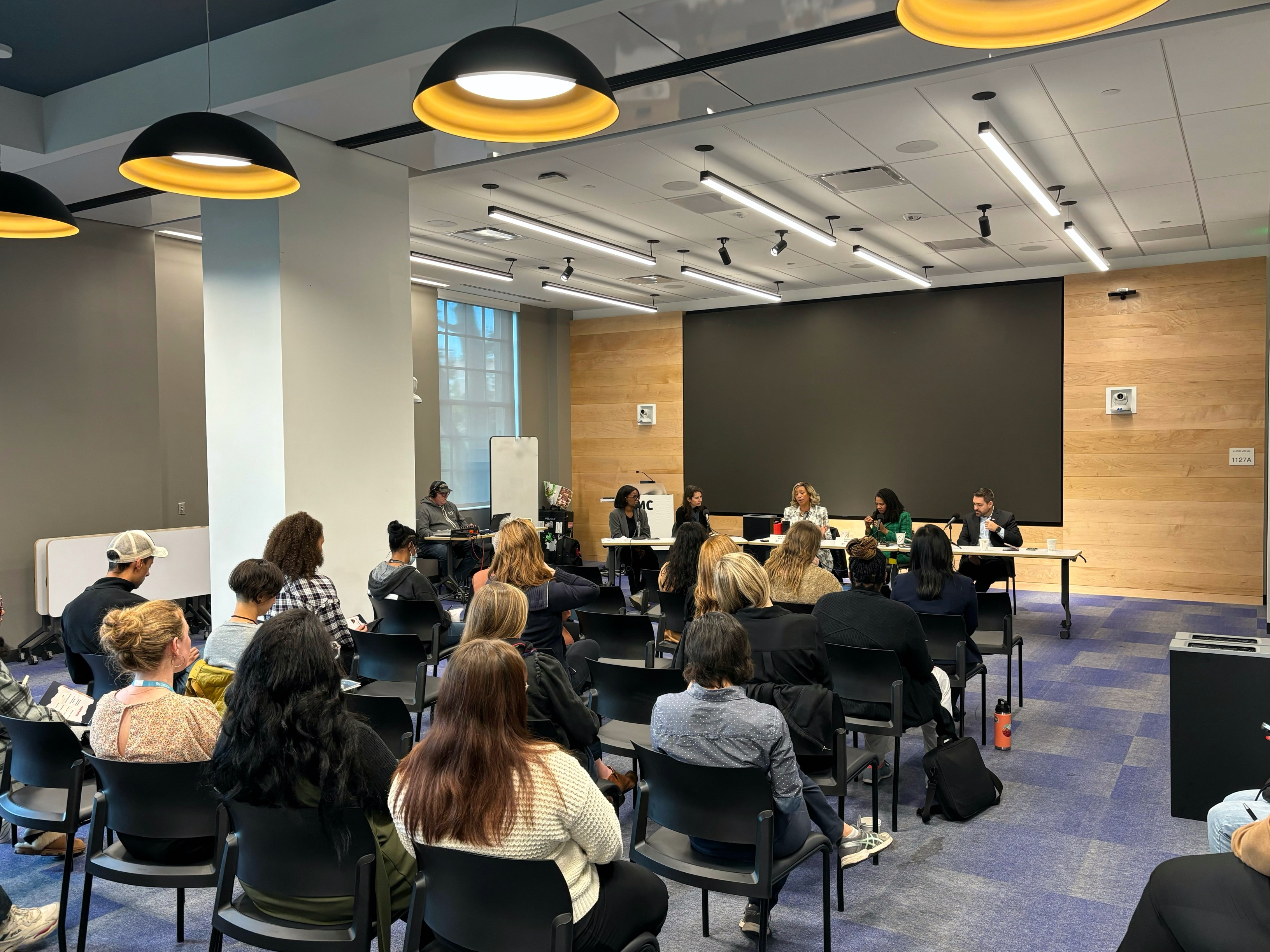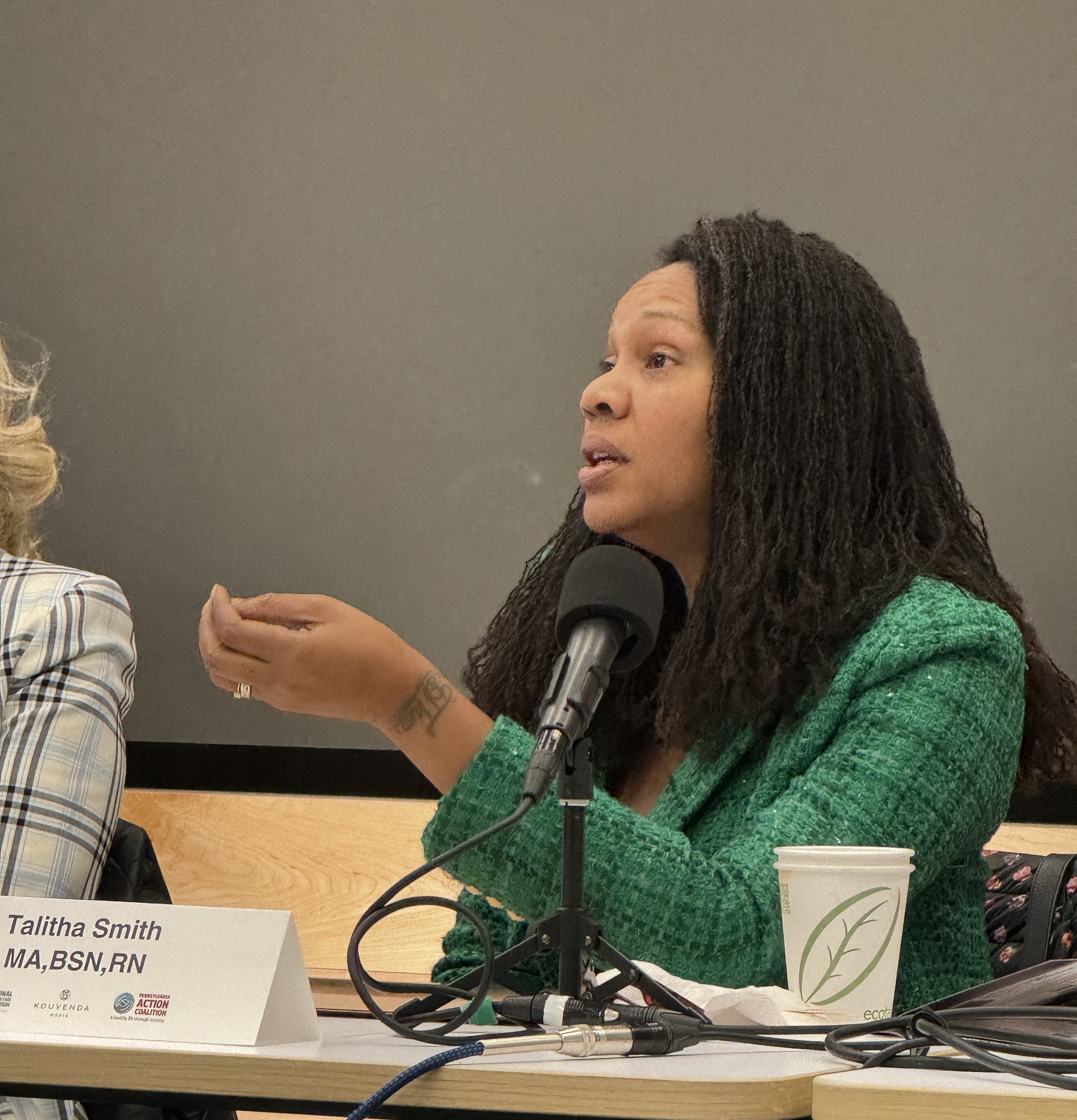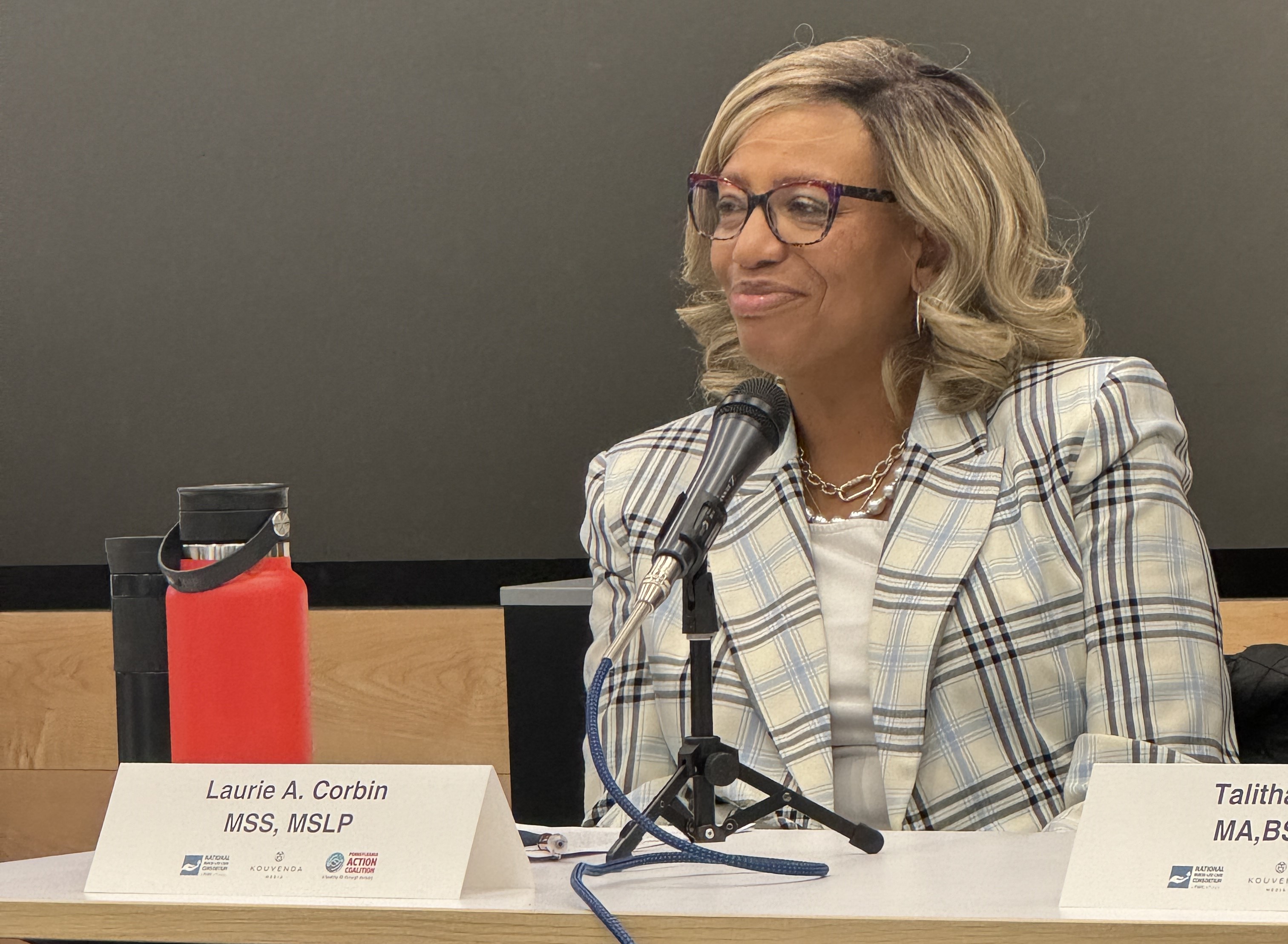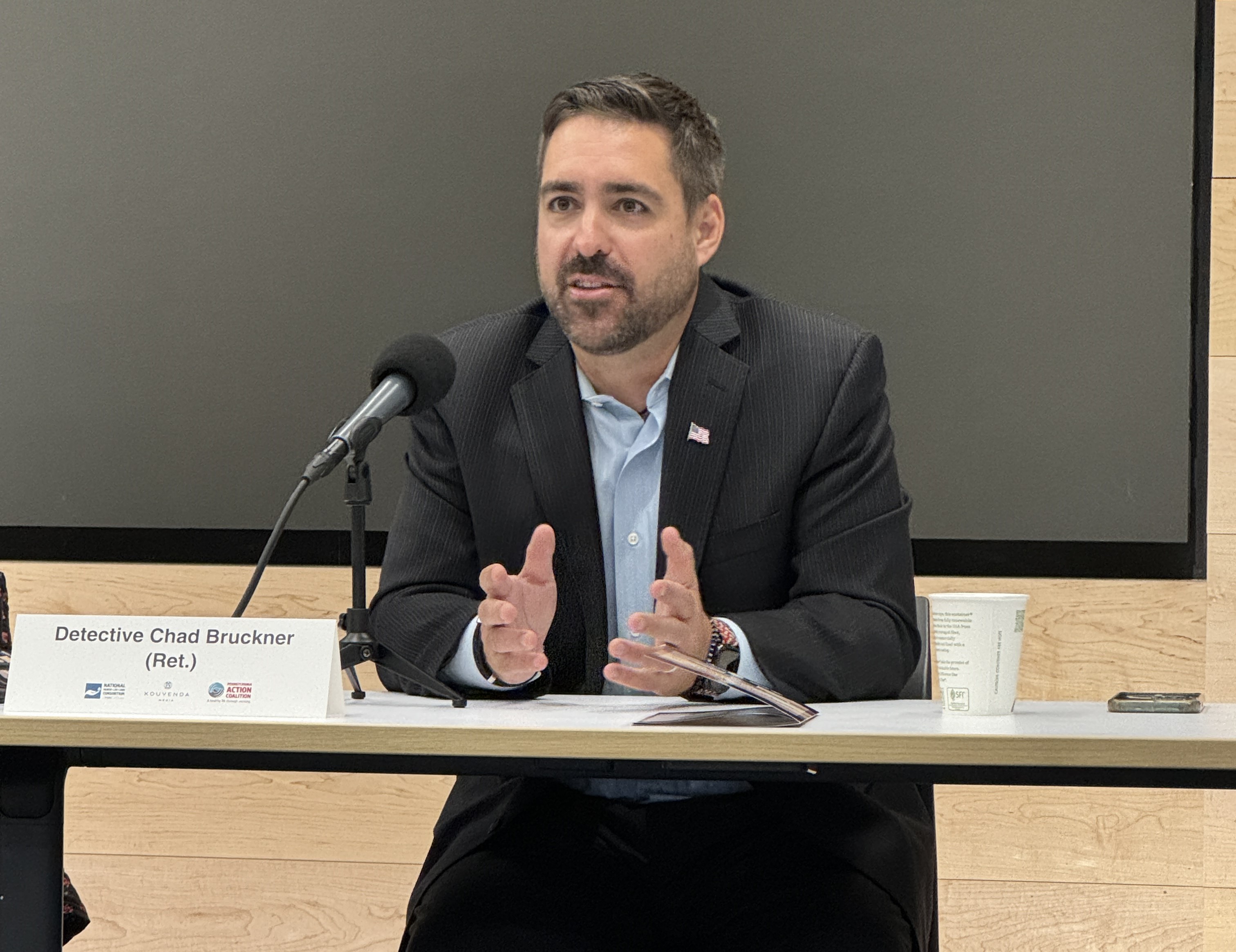Harm Reduction Panel - Program
 On Wednesday, October 25, 2023 the Pennsylvania Action Coalition and the National Nurse-Led Care Consortium joined forces with Kouvenda Media's Obscured Journalism Initiative to host a thought-provoking and insightful harm reduction conversation series. The event, held at 4601 Market St, Philadelphia, PA 19139, marked the beginning of a crucial dialogue surrounding survivors of law enforcement trauma.
On Wednesday, October 25, 2023 the Pennsylvania Action Coalition and the National Nurse-Led Care Consortium joined forces with Kouvenda Media's Obscured Journalism Initiative to host a thought-provoking and insightful harm reduction conversation series. The event, held at 4601 Market St, Philadelphia, PA 19139, marked the beginning of a crucial dialogue surrounding survivors of law enforcement trauma.
The event commenced at 8:30 am EDT and continued until 11:30 am, providing a platform for an interactive discussion on harm reduction within the context of interactions with law enforcement. The goal was not only to shed light on the challenges faced by survivors of law enforcement trauma but also to explore viable solutions that could contribute to the promotion of community well-being.
Panelists included:




 The conversation series delved into the multifaceted aspects of harm reduction, emphasizing the need for compassionate and effective approaches when addressing trauma resulting from interactions with law enforcement. Attendees actively participated in discussions that covered topics such as mental health support, community resources, and the role of healthcare professionals in advocating for harm reduction strategies.
The conversation series delved into the multifaceted aspects of harm reduction, emphasizing the need for compassionate and effective approaches when addressing trauma resulting from interactions with law enforcement. Attendees actively participated in discussions that covered topics such as mental health support, community resources, and the role of healthcare professionals in advocating for harm reduction strategies.
The recent Harm Reduction Conversation Series brought forth profound insights from distinguished panelists, each offering a unique perspective on law enforcement trauma and the crucial need for empathy and cultural competence in community well-being.

Laurie A. Corbin, MSS, MLSP pointed out a significant correlation: many police officers may have high levels of Adverse Childhood Experiences (ACEs), similar to those affected by substance abuse and the criminal justice system. This underscores the necessity for a more empathetic and evolved approach to law enforcement, moving away from traditional methods to better address the complexities of today's society.

Detective Chad Bruckner (Ret.) emphasized the transformative power of beginning with empathy and compassion, asserting that to influence officers positively, we must start by leading with our hearts. By prioritizing empathy, we pave the way for meaningful connections and understanding, fostering a more compassionate and community-oriented approach within law enforcement.

The event not only served as a catalyst for raising awareness but also paved the way for future conversations and initiatives aimed at creating positive change. By bringing together stakeholders from different sectors, the harm reduction conversation series in Philadelphia underscored the importance of community-driven solutions and collaborative efforts in addressing the complex issue of law enforcement trauma.